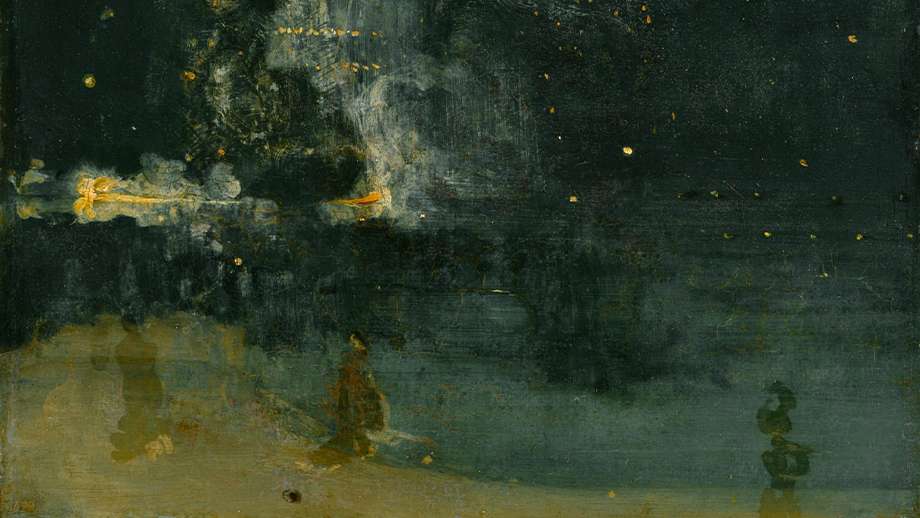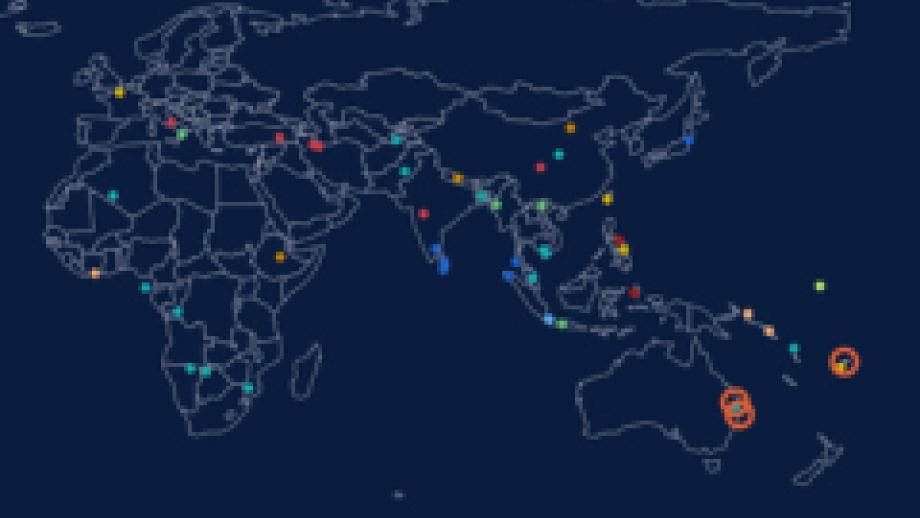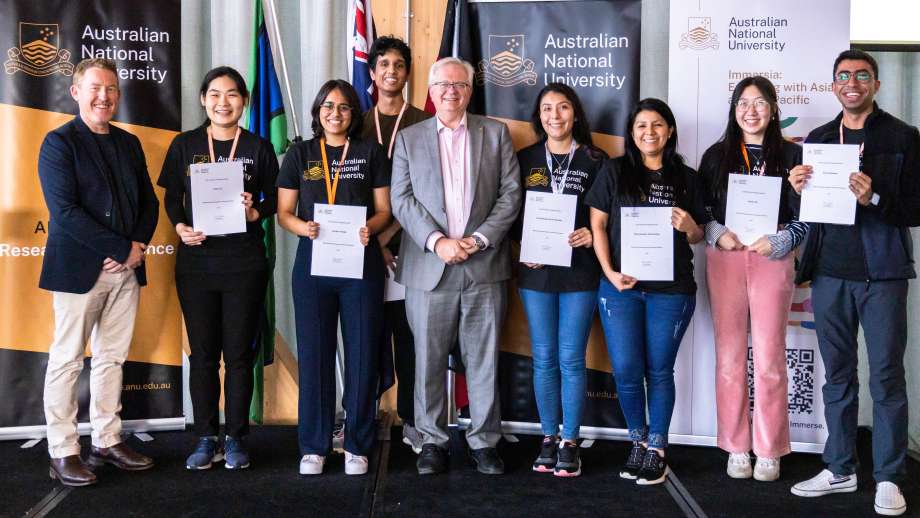Golson Lecture 2023: Case 32: A clash of cultures in the Western Solomon Islands. A deep time perspective
Presented by ANU College of Asia & the Pacific
At the outset, we would like to acknowledge, with deep sadness, the recent passing of Emeritus Professor Jack Golson AO FAHA. He passed away on 2 September 2023 at the age of 96. We extend our heartfelt condolences to his family, friends and colleagues. A memorial in honour of Jack Golson will be held at the Coombs Tea Room, HC Coombs Building, on 18 October from 5pm to 7pm.
Jack was among the leading foundation figures in Pacific Archaeology and developed modern prehistoric research in New Zealand. In 2009, he was the recipient of the World Archaeological Congress Inaugural Lifetime Achievement Award. He was a founding figure in developing modern archaeology in several nations and a key researcher investigating the evolution of horticultural economies in the Pacific.
The Golson Lecture is held biannually to honour the work of Jack Golson, Emeritus Professor of Archaeology at the ANU School of Culture, History & Language within the College of Asia and the Pacific. This year, we have the privilege of showcasing Case 32: A clash of cultures in the Western Solomon Islands. A deep time perspective, presented by Emeritus Professor Peter Sheppard from the University of Auckland.
Case 32: A clash of cultures in the Western Solomon Islands. A deep time perspective.
On 25 September 1891, the crew of the corvette HMS Royalist, captained by Edward Davis of the Australian Division of the British Navy, landed a force of 60 sailors and marines in what is today the large village of Munda on the inner shore of Roviana Lagoon in the Western Solomons. Within a few days, they had burnt all the villages along that shore and on the nearby Island of Nusa Roviana.
This action destroyed the homes, possessions and ancestral shrines of what Peter estimates to have been 3,000 people. This was perhaps the largest punitive expedition waged by the British navy in the Solomon Islands. The ostensible reason for this action was punishment for the death of an Australian trader (Case 32) in Roviana; however, the underlying motive was the destruction of the Roviana chiefdom and the political economy on which it was based, which was in direct conflict with the development of colonial capitalism.
In this presentation, through a review of the prehistory and the archaeology of the Solomon Islands, Peter will describe the creation of this distinctive cultural schema which so sharply clashed with British colonial ambitions.
About the Speaker
Peter Sheppard is an Emeritus Professor of Archaeology at the University of Auckland. Canadian by birth he undertook his PhD at the University of Toronto focusing on the Mediterranean with fieldwork in Algeria, Jordan and Portugal, developing expertise in archaeological science and the study of stone tools and the sourcing of the material from which they were made.
In 1988, he made a major geographical leap, taking up a post-doctoral fellowship with Professor Roger Green at the University of Auckland and was assigned the task of analysing the stone tools from Lapita sites which he had excavated in the Temotu Province of the Solomon Islands. Within a year, Peter was shipped off to the Solomons for fieldwork to identify the source of stone used in these sites and thus began 30 years of archaeological research within the Solomon Islands.
His North American training in the four fields of Anthropology; Cultural, Biological, Archaeological and Linguistic have always been at the forefront of his research and is exemplified in his almost 50 journal articles, 40 book chapters and three books.
He along with colleagues have contributed to the greater understanding of this remarkable archipelago and its 30,000-year history as exemplified by his most recent book, co-authored with Richard Walter, Archaeology of the Solomon Islands.
The Golson Lecture is presented biannually by the ANU School of Culture, History & Language, College of Asia and the Pacific, ANU.
Location
Room: T2, Kambri Cultural Centre
Speakers
- Emeritus Professor Peter Sheppard
Contact
- CHL Communicate



